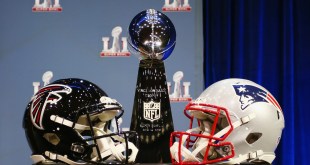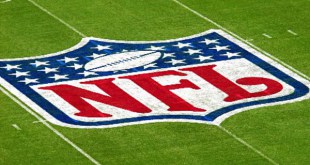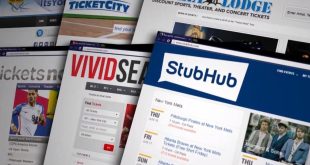On Tuesday the Federal Communications Commission (FCC) repealed its Sports Blackout Rules – which only prohibited cable and satellite providers from airing any sporting event that was blacked out on a local broadcast station. Essentially, the FCC rule prevented cable and satellite providers like Comcast or Dish Network from airing a game in the same area where the over-the-air broadcasts had been blacked-out. However, the FCC’s actions are merely superficial. All that the repeal of the Commission’s Sports Blackout Rules accomplishes is the removal of any FCC penalty for violators who broadcast a sporting event that was blacked-out in its home market. The NFL is still free to negotiate and enforce blackout rules with its broadcast partners.
The Sports Broadcasting Act of 1963 (SBA) not only permitted the four major American sports leagues to pool their broadcasting rights with antitrust immunity, generally, it also extended antitrust immunity to contracts that permitted blackouts of a sporting event in its home market. As a result, the FCC’s Sports Blackout Rules, which were passed at the advent of cable and satellite television, were redundant once the NFL possessed the market power to extract any provision it desired when negotiating broadcast agreements that inherently had antitrust immunity. You can be sure that the NFL’s current broadcasting contracts with CBS, FOX, ESPN, DirecTV, and Verizon all contain provisions requiring those broadcasts partners to comply with the NFL’s home blackout-rule.[1]
The FCC’s repeal of its Sports Blackout Rules was merely grandstanding and has no tangible effect. However, it does signal a public recognition that the four major sports leagues –primarily the NFL because it benefits the most from blackout – no longer need a government crutch to operate and remain profitable. The only way real progress could be made on this issue is if Congress repealed the antitrust immunity granted to home blackouts. Then and only then would the NFL and its broadcast partners alter the current blackout policy in order to avoid the black cloud of treble damages an antitrust suit brought by fans, bars, local networks, and advertisers alike would bring.
As much as the NFL claims to act for the fans, in reality the league only acts in its own self-interest and the bottom-line of its 32 owners. The antitrust immunity for its blackout policy helps prop-up the high cost of tickets, and the saber rattling by Senators McCain and Blumenthal have not enticed the NFL to act. Without further Congressional action the FCC’S repeal is much ado about nothing, and the NFL is safe to operate as it pleases in its home broadcast markets.
[1] The NFL’s current blackout rule requires that all games not sold to at least 85% capacity 72 hours prior to kickoff be blacked-out in the home team’s market. The NFL defines the home team’s market as a 75 mile radius around the stadium, except in cases were another team exists within that 75 mile radius - Baltimore/Washington and Oakland/San Francisco. The NFL routinely grants teams extensions to sell enough tickets to avoid home blackouts.
 The Sports Esquires Putting Sports on Trial
The Sports Esquires Putting Sports on Trial




